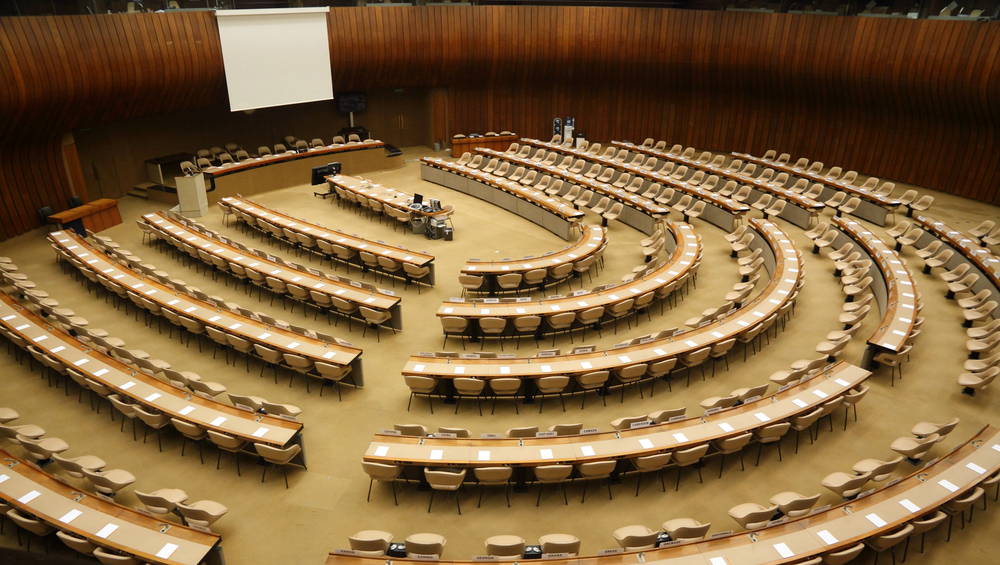
The WHO Special Initiative for Mental Health is on its way to achieving its target: ensuring one hundred million people across nine participating countries have access to affordable, quality mental health services.
A mid-term review of the Initiative’s progress highlights important advancements in national mental health policies and increased provision of services for people living with mental health conditions. The map below (Fig 1) highlights some of the key country milestones reached since the Initiative launched five years ago:
Fig 1: Country-level achievements through the Special Initiative for Mental Health
Bolstering the building blocks of mental health care
Across
nine participating countries, the Special Initiative for Mental Health engages
all health system building blocks: service delivery, health workforce, health
information systems, access to essential medicines, financing, leadership and
governance. To date, three of these areas have particularly benefited from the
Initiative’s approach:
1) Leadership and governance. Through a
collaborative and inclusive planning process, the Special Initiative for Mental
Health engaged a wide range of stakeholders including officials from Ministries
of Health, people with lived experience of mental health conditions and local
advocates. In Jordan, planning for the
initiative received high-level engagement from national authorities, leading to
a review of the national Mental Health and Substance Use Action Plan, and the
adjustment of national mental health priorities to match the global agenda.
Similarly, as a result of support from Special Initiative
for Mental Health, Bangladesh endorsed a National Mental
Health Policy (2022) and began implementing their National Mental Health
Strategic Plan (2020-2030). Paraguay has passed legislation on
mental health access, while Ghana has appointed a governing
board to its mental health authority.
2) Health workforce. The WHO Special Initiative
for Mental Health also boosts mental
health workforce capacity through various training programmes, including mhGAP, Self Help+ and QualityRights. Zimbabwe saw a national roll-out of
QualityRights in mental health training across multiple stakeholder groups.
Speaking about the impact of the training, a mental health nurse in Zimbabwe said: “Before I trained in
QualityRights, if a client complained about the medication, I would not listen
to their concerns because I thought that I knew what was best for them. But
now, I ask clients if they are experiencing any side effects and if the
medication is working for them.” General health staff in primary health care
facilities across Zimbabwe were also trained to identify, manage and support
people living with mental disorders.
In Jordan, mhGAP was integrated into the pre-service national
training curriculum for family physicians. As a result, 31% of primary health
centres across the Kingdom now provide mhGAP services—compared to only 17% in
2021. In Nepal, 47 health facilities with
personnel providing mental health services received supervision, enhancing the
quality of service delivery.
3) Service delivery. As part of the initiative,
countries have also developed new services focused on expanding access to
mental health care. Paraguay introduced virtual consultations, resulting in a 500% increase in
mental health care coverage. Argentina committed to increasing
mental health service delivery in communities and general hospitals to promote
the transition of mental health care
from psychiatric hospitals to accessible community, primary and secondary
health care services.
Elsewhere, Ukraine
endorsed Community
Mental Health Teams (CMHTs) as a national service model and included recovery-focused,
person-centred community care within services provided to patients under the
State Programme of Medical Guarantees. Hospitals hosting CMHTs are now better
prepared to support their clients during the war, given the mobile, innovative
and multidisciplinary way in which the CMHTs work. Since the beginning of Russia’s war with
Ukraine, CMHTs have provided over 23,000 consultations, reaching more than
1,400 people with severe mental disorders.
Increasing political
prioritisation and funding for mental health
By involving senior leadership across countries, training the health
workforce and rolling-out new mental health services—the WHO Special Initiative
for Mental Health has placed a spotlight on this often-neglected area of public
health and supported countries to take action. One respondent to the
Initiative’s recent mid-term review highlighted its impact, noting: “being part
of the Initiative created momentum and put mental health on the list of
priorities for national authorities and resulted in an updated national action
plan for mental health.”
Importantly, government leadership on mental health is translating to
increased investment in mental health services across the implementing
countries, which is vital to improving access to mental health care in these
populations. In the Philippines, the central government’s
budget for mental health is set to increase to 1 billion pesos this year, a
sharp increase from 57 million pesos in 2022. The government has already
invested 10.4 million USD for free access to mental health medicines, 164 million
USD to pilot a new benefit package for mental health outpatient primary care
and 293 million USD to support access to mental health services. Similarly, in
Ghana, the Ministry of Health’s allocation for mental health has been raised
from 1.0% to 1.4% of its annual budget.
Looking to the future, WHO will use the
learnings from the Initiative’s rollout in nine countries to encourage more
countries to scale-up mental health services, ultimately expanding access to
quality and affordable mental health care – for all.
link





